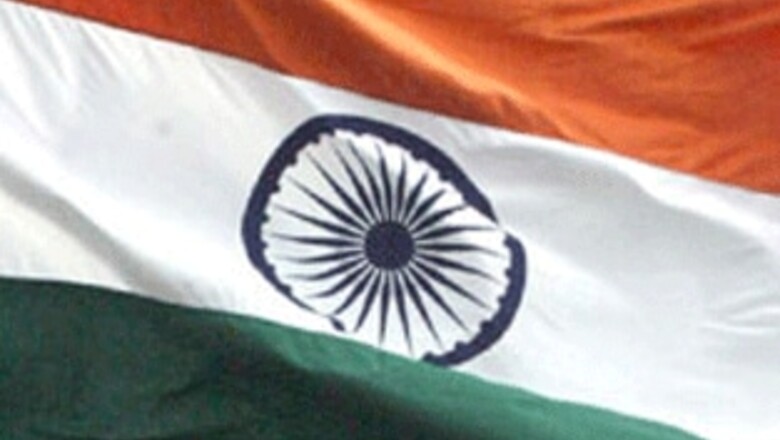
views
London: India moved a place up in a global index of economic competitiveness published on Tuesday but the authors said its success was blighted by a wealth gap and underachievement in primary education and health.
India placed 49th among 133 countries listed in the Global Competitiveness Report 2009-1010 published by the Davos-based World Economic Forum, but a swifter rise was halted by problems associated with its wealth gap.
Although India's GDP has grown 6.6 per cent per year on average since 1991, its GDP per capita remains just above $1,000 - a third and a tenth, respectively, of China and Russia, fellow-members of the BRIC group of countries.
The report said a wide gap also remains between rural India and the thriving urban economic and technological hubs.
"India hosts some of the best universities in the world, and a number of Indian corporate giants have become major global players or even leaders in their fields. At the same time, some 42 per cent of the population lives on less than $1.25 a day, more than twice China's equivalent figure," the report said.
"Mirroring this dichotomy, India's competitive performance continues to exhibit a rather reversed development pattern."
India ranks an outstanding 28th in the most complex areas measured by the business sophistication and innovation sub-index - ahead even of several advanced economies.
India boasts well functioning institutions (54th), bustling financial markets (16th), and a sound banking sector (25th) supported by a vast domestic market (4th largest in PPP terms).
But on health and primary education India ranks a woeful 101st, on macro-economic stability 96th and on infrastructure 76th.
Worse, its penetration rates for mobile telephony (116th), the Internet (104th) and personal computers (96th) remain among the lowest in the world, while inefficiencies in the labour market (83rd) prevent an optimal allocation of human capital.
"Improvements in these areas would place India on a stronger growth trajectory going into the future," the report said.
China also moved up a place to number 29 on the list, outperforming its nearest BRIC rival India by 20 positions but the report said China faces the fresh challenge of switching from cheap production to efficiency improvements in order to remain competitive.
"This will pose challenges for the country to achieve the minimum growth rate - eight per cent by the government's own estimates - necessary to prevent any rise in unemployment and avoid social unrest.




















Comments
0 comment